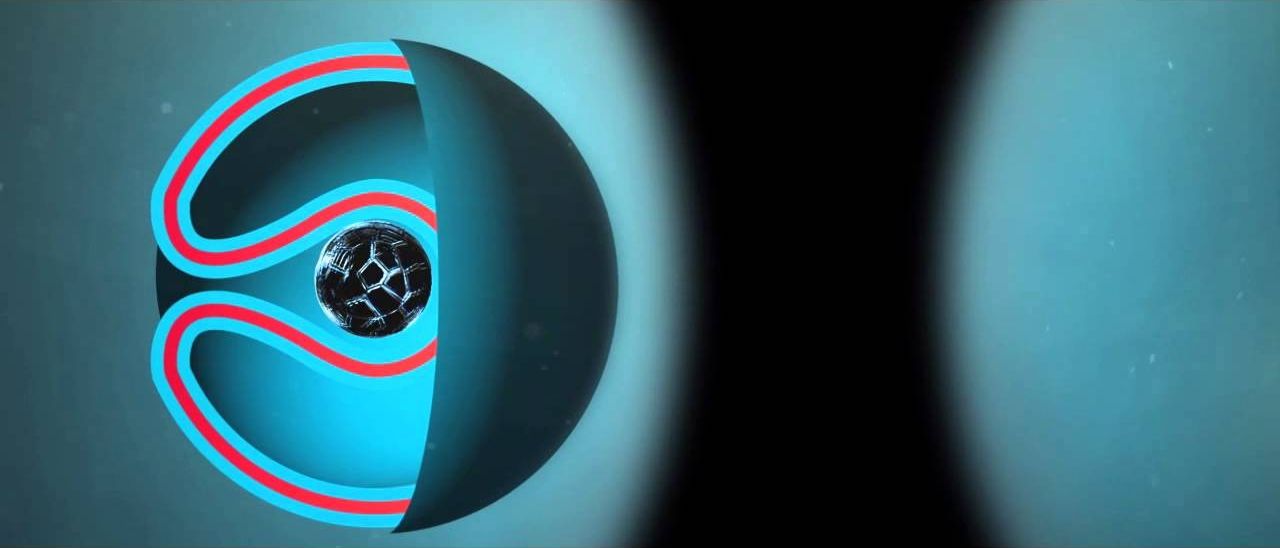Tiny machines like nanorockets are ideal candidates for drug delivery in the human body. Chemists at Radboud University now demonstrate the first complete movement regulation of a nanorocket, by providing temperature responsive brakes. An interesting feature for practical applications, since temperature sensitivity enables the rocket to stop in diseased tissues where temperatures are higher. Nature Chemistry publishes their results on December 12.
The soft nanosystems that the bio-organic chemists at Radboud University work with self assemble, which means that they spontaneously form functional units. This allows the nanorockets to change shape, making them ideal candidates for containing cargo like medicine. ‘Our biggest challenge is to provide our nanorockets with various functionalities’, says Daniela Wilson, head of Radboud University’s Bio-organic chemistry department and Nanomedicine theme leader ‘We now demonstrate the first molecularly built brake system, enabling the rockets to start and stop at desired locations.’
